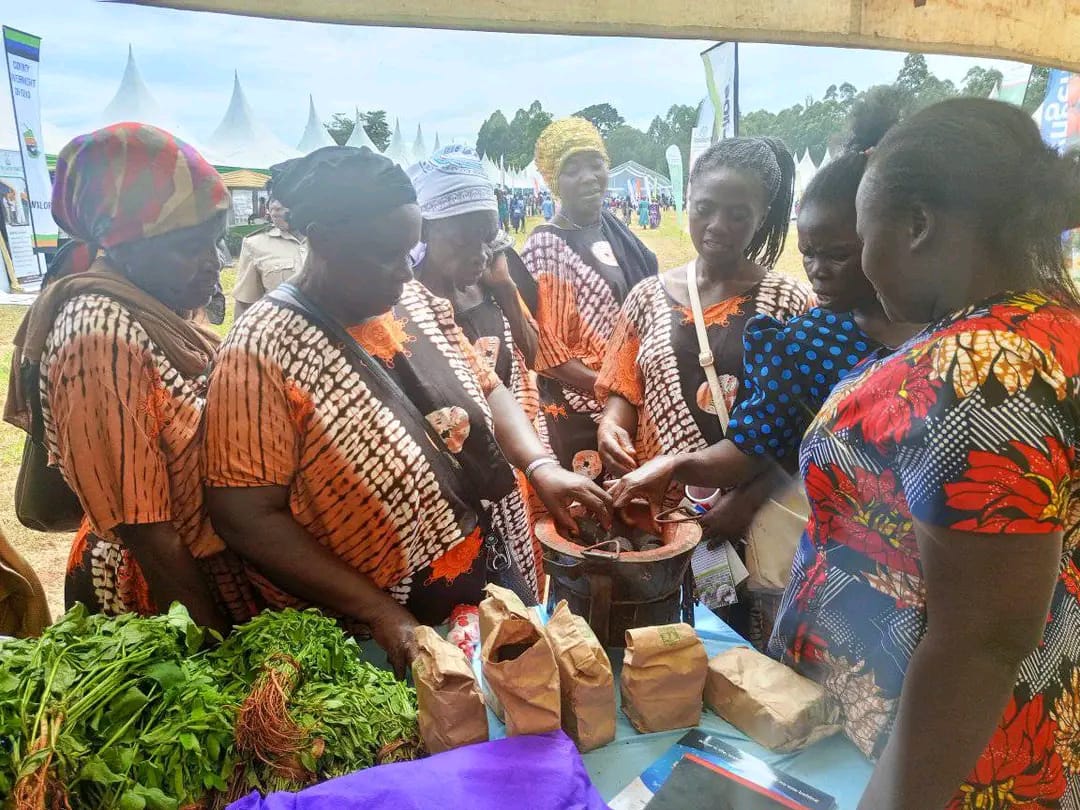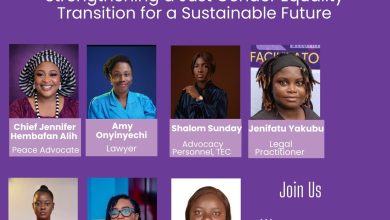Empowering Women and Protecting the Environment: The New Recada Women Group’s Charcoal Briquette Project

In the tranquil village of Emusonga-Joyland in Kakamega County, Kenya, a revolutionary grassroots movement is quietly making a significant impact on both climate change and community empowerment. Led by the New Recada Women Group, a passionate collective of individuals, this initiative is transforming waste into an eco-friendly fuel source while empowering local women and their families. Founded by the visionary Irene Nasimiyu, the group has set its sights on tackling deforestation, reducing pollution, and promoting economic independence—all through the simple yet powerful production of charcoal briquettes from waste materials.
Turning Waste into Fuel
At the heart of the project is a remarkable transformation: turning waste paper and plastic bags into charcoal briquettes. These briquettes provide a sustainable alternative to traditional wood-based charcoal, a common but destructive fuel source in Kenya.
“We collect soft plastic bags, soak them in water to soften them, and mix them with molasses,” explains Irene. This mixture is then combined with charcoal dust to form briquettes, which are not only affordable but also significantly less harmful to the environment.
This process not only repurposes waste that would otherwise contribute to pollution, but it also alleviates the pressure on forests that have long been ravaged by illegal logging and charcoal production.
“When people cut down trees for charcoal, the environment suffers,” says Irene. With Kenya’s forests under threat from rapid deforestation, the New Recada Women Group is offering a sustainable solution that is both environmentally and economically viable.
A Catalyst for Climate Change Mitigation
The significance of the charcoal briquette project goes far beyond waste management. By replacing wood-based charcoal with a cleaner alternative, the group is directly contributing to the reduction of carbon emissions and helping to curb climate change. Deforestation, driven by the demand for charcoal, is one of the leading causes of carbon release, which accelerates global warming. By providing an eco-friendly fuel source, the New Recada Women Group is playing a pivotal role in reversing these trends.
“We want to protect our environment for future generations,” Irene asserts. The group’s impact, however, doesn’t stop at their local community. With rising demand for their innovative briquettes, the women are beginning to dream bigger. Their goal is to scale up production, extend their reach to new markets, and inspire other communities across Kenya—and even beyond—to adopt sustainable practices.
Economic Empowerment Through Innovation
The environmental benefits of the charcoal briquette project are clear, but the economic empowerment it brings to women in Kakamega County is equally transformative. The women of the New Recada Women Group have gained more than just technical skills in briquette production—they have learned how to communicate effectively, market their products, and, most importantly, build their self-esteem.
“Our self-confidence has grown, and we’ve learned how to negotiate and communicate in ways we never thought possible,” Irene shares.
By selling the briquettes, these women have achieved financial independence, provided for their families and contributed to the broader economic health of their community. The project has also sparked other sustainable initiatives, such as the establishment of kitchen gardens for every member.
“Each mother in the group has a small garden where she grows vegetables, ensuring food security for her family,” Irene explains.
A Vision for Sustainable Growth
As the New Recada Women Group continues to grow, their ambitions are expanding too. They envision a future where the use of eco-friendly charcoal is widespread, not just in their village but across Kenya. Their dream is to help reduce the nation’s carbon footprint while creating economic opportunities for women in rural areas. However, to scale their production and reach more markets, the group needs additional resources and support. With proper funding, they could invest in better equipment, enhance their marketing efforts, and increase production capacity, enabling them to meet the growing demand for their product.
Their vision doesn’t stop there. By establishing partnerships with local governments, NGOs, and international environmental organisations, the group hopes to expand their impact beyond Kenya’s borders. “We want our children to inherit a healthier planet,” Irene says passionately.
“The environment should not be a victim of our actions—it is our responsibility to protect and preserve it for future generations.”
A Call to Action
The New Recada Women Group’s charcoal briquette project is more than just a local initiative—it is a beacon of hope in the global fight against climate change. By supporting this project, donors and partners will be contributing to environmental conservation, economic empowerment, and sustainable development. The group has already proven its potential; with the right funding, its impact could be exponentially greater.
The time to act is now. Climate change is a crisis that affects us all, and solutions like those pioneered by the New Recada Women Group are critical to building a more sustainable future. This is a chance to not only empower women but to protect the planet for generations to come. Let’s come together to support this groundbreaking project, ensuring that the positive ripples created in a small village in Kakamega County can spread across the world.






